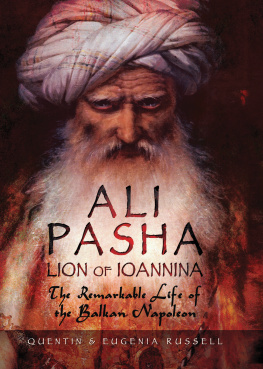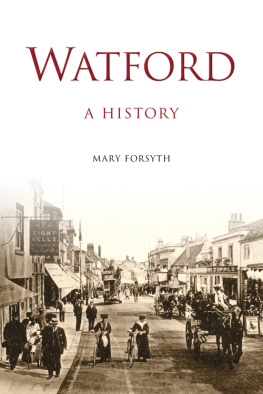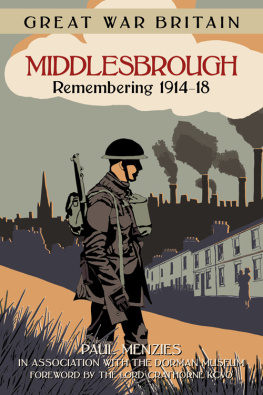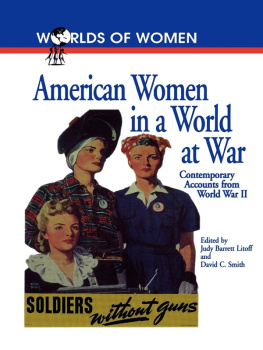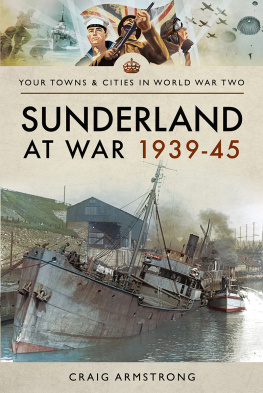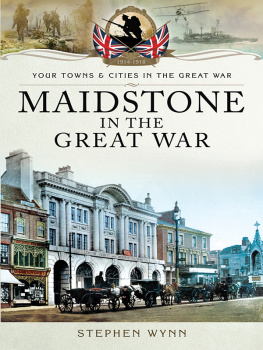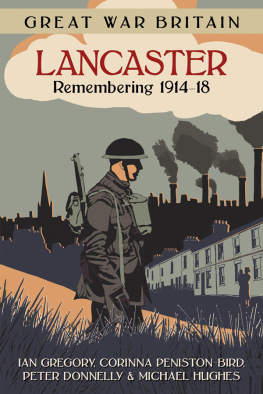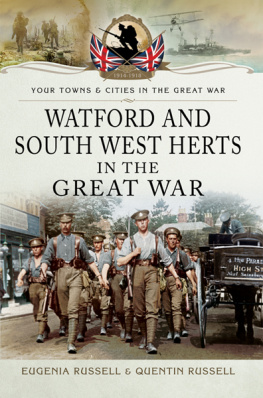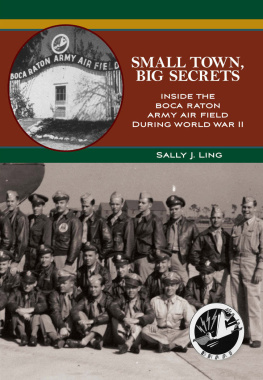First published in Great Britain in 2019 by
Pen & Sword Military
An imprint of
Pen & Sword Books Limited
Yorkshire - Philadelphia
Copyright Eugenia Russell and Quentin Russell
ISBN 978 1 47389 1 708
eISBN 978 1 47389 1 722
Mobi ISBN 978 1 47389 1 715
The right of Eugenia Russell and Quentin Russell to be identified as Authors of this work has been asserted by them in accordance with the Copyright, Designs and Patents Act 1988.
A CIP catalogue record for this book is available from the British Library
All rights reserved. No part of this book may be reproduced or transmitted in any form or by any means, electronic or mechanical including photocopying, recording or by any information storage and retrieval system, without permission from the Publisher in writing.
Pen & Sword Books Limited incorporates the imprints of Atlas, Archaeology, Aviation, Discovery, Family History, Fiction, History, Maritime, Military, Military Classics, Politics, Select, Transport, True Crime, Air World, Frontline Publishing, Leo Cooper, Remember When, Seaforth Publishing, The Praetorian Press, Wharncliffe Local History, Wharncliffe Transport, Wharncliffe True Crime and White Owl.
For a complete list of Pen & Sword titles please contact
PEN & SWORD BOOKS LIMITED
47 Church Street, Barnsley, South Yorkshire S70 2AS, United Kingdom
E-mail:
Website: www.pen-and-sword.co.uk
Or
PEN AND SWORD BOOKS
1950 Lawrence Rd, Havertown, PA 19083, USA
E-mail:
Website: www.penandswordbooks.com
CHAPTER ONE
Watford between the Wars
No corner of Europe escaped the devastating effects of the Great War. Its impact was profound, changing individual lives and transforming attitudes to society that would shape the future. Once the dust had settled on the peace celebrations of 1918, the feeling of never again was accompanied by a desire to create a brave new progressive world. The image of the survivors throwing off the past by partying their way through the roaring 20s was mainly an American phenomenon, for their immediate post-war prosperity was not shared in Britain where the interwar period was generally one of economic depression. Nevertheless this did not stint the general desire for regeneration and local authorities attempted to fulfil Prime Minister Lloyd Georges promise to the returning soldiers that they would come back to a country fit for heroes to live in. In consequence, the tentative social welfare changes that had been interrupted by the war were resumed with renewed vigour and new initiatives embarked on.
No one anticipated that the peace was to be short-lived, just sufficient time for a new generation to grow mature enough to fill the ranks when duty called again twenty-one years later. But the peace was long enough for significant changes to be set in motion before the mood turned sour. At first, the sombre mood of loss and sacrifice was tempered by the conviction that international relations would be conducted differently in future. Remembrance Day parades became an annual feature of British life in every town and village, accompanied by the laying of wreaths at the local war memorials. In 1924, to mark the tenth anniversary of the beginning of the war, an open-air Armistice Day service with a two-minute silence was held outside the Watford Council office. But it was widely thought that this dwelling on the past would not be enough to ensure that the war to end all wars would live up to its description; a political solution was necessary. As a result of the Paris Peace Conference that brought the war to an end, the League of Nations was formed in 1920 with the intention of curbing the arms race and trying to solve international disputes through arbitration and negotiation. In Watford the local branch of the League of Nations Union took its own active role in trying to prevent a second conflict. A fervent supporter and vice-president of the Watford branch was the well-known Irish artist James Doyle Penrose, who lived at Oxhey Grange from 1908 until his death in 1932. Penrose was involved in Liberal politics and an elder in the Watford Quaker meeting, affiliations that underpinned his duties as a member of the Hertfordshire Commission for Peace. He held an annual International Garden Party at the Grange with guests from amongst his Indian friends and including the Chinese ambassador. Despite such efforts, the international situation was worsened with the rise of fascism, and the peace activists frustrations turned to more disruptive tactics. In 1935, following the Italian invasion of Abyssinia, members of the Watford League now felt justified in using the Remembrance Day parades as a focus for anti-war demonstrations.
Penrose was also treasurer of the Watford Temperance Council of Christian Churches and a supporter of the Adult School in Derby Road. His community interests reflected the social concerns of the time. Aware of the poor living conditions of his workers, he improved the housing on his vast estate and was largely responsible for the modern appearance of the area known as Watford Heath. After his death part of the estate was sold for housing, initiating the suburban development of Carpenders Park that would continue in the 1950s. Drunkenness and housing were seen as major problems in the aftermath of the war. Hard as it might be to imagine today, as most of Watfords old drinking establishments have disappeared, there was a pub virtually every few yards the length of the High Street from the Wheatsheaf at Bushey Arches to The Dog in Hempstead Road (both no longer in existence).
Politically, Watford, a constituency that then included the urban districts of Bushey, Chorleywood, Rickmansworth and part of the Rural District of Watford, favoured the Conservatives. Denis Herbert, who lived locally in a Victorian villa in Clarendon Road (demolished 2015), held the seat from the general election of December 1918 until 1943 when he was raised to the peerage as Baron Hemingford. As a result of the Representation of the People Act brought in by Lloyd George, the 1914 election was the first in which all men over the age of 21 and women over 30 meeting the minimum property qualifications could vote. Lloyd Georges record of strong leadership against Germany and his promises of social and economic progress went down well with voters in what was termed a khaki election and his Liberal- Conservative Coalition swept to a landslide victory. While the war veterans held on to their memories through associations such as the Comrades of the Great War Club at the British Legion headquarters in St Albans Road, a new generation hoped for a different future. Although the returning ex-soldiers might replace women war-workers in many jobs, the clock could not be turned back; the previous gendered definition of the roles of men and women had been eroded forever. The following April, the first woman councillor, Mrs Amy Wheelwright, was elected to Bushey Urban District Council. In Watford the completion in 1925 of the Trade Union Hall, built by voluntary labour, reflected the growing industrial base of the area, and on 1 January 1931 it was visited by the Labour prime minister Ramsay MacDonald, who received a rapturous welcome; a sign of things to come.


